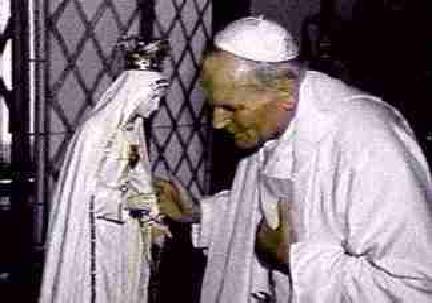Disir
Platinum Member
- Sep 30, 2011
- 28,003
- 9,610
- 910
Along with the wholesale misappropriation of pagan practices and beliefs by Christian proselytizers, making Christianity very familiar to pagans, thus facilitating their conversion.Burning their shit and killing them made it much moar easy to adapt. It was a top down religion. :/
Absolutely. After burning their crap and killing them. This did not go down easy. Christianity was a very tiny group and there seems to be this misconception that Christianity grew from the bottom up. It did not. It was a top down religion. Not just for pagans but for other Christians. By including this "it wasn't difficult or them to make the switch" it ignores a couple of centuries of history and implies that everyone just went along for the ride. That didn't happen.
I think they started from the bottom up, but once they gained power - conversion was no longer a choice. It's not unique to Christianity, Islam was similar. Both offered and far better choice than the old ways - redemption, charity, good works, care of orphans and widows, and inclusion - what ever you were before mattered not. Not a bad thing.
Can you back that up? You can't have it both ways. You can't have conversion was no longer a choice and inclusion. Unless you mean something different from how I am reading it. There is nothing that I have found that remotely suggests that either Christianity or Islam was a far better choice or that redemption, charity, good works, and social welfare was a new concept or done better.
+
I was reading a biography of Mohammed, and at the beginning of the religion, his big concern was people had drifted away from God and from taking care of the vulnerable in their communities. Instead they focused on ostentatioua displays of largesse, part of the arab culture, widows and orphans were impoverished and marginalized, and he sought to turn that around. Anyone could become a Muslim regardless of their status and his first converts and followers were low status people. It was the same with Jesus, he welcomed the poor, the enslaved, the harlots and he spoke against the greedy wealthy. He emphasized charity, inclusion. I'm not saying that charity, welfare etc is a *new* concept, but it was greatly lacking in the era inwhich they were living.
Dhimmis otherwise known as but hey, we let you live-this time. Living depended on whom was in power. Mohammed simply consolidated land and took out anyone that stood in his way. It was a power grab.
There was no historical Jesus. There are plenty of people that wanted to overthrow the Romans and whatever local authorities supported them.
I think you provide excellent discussions as well.





